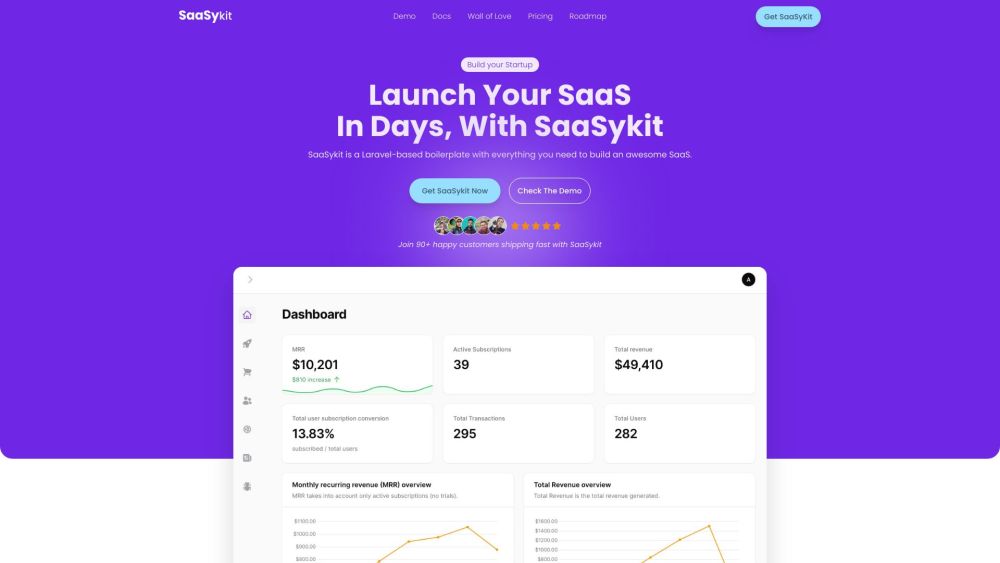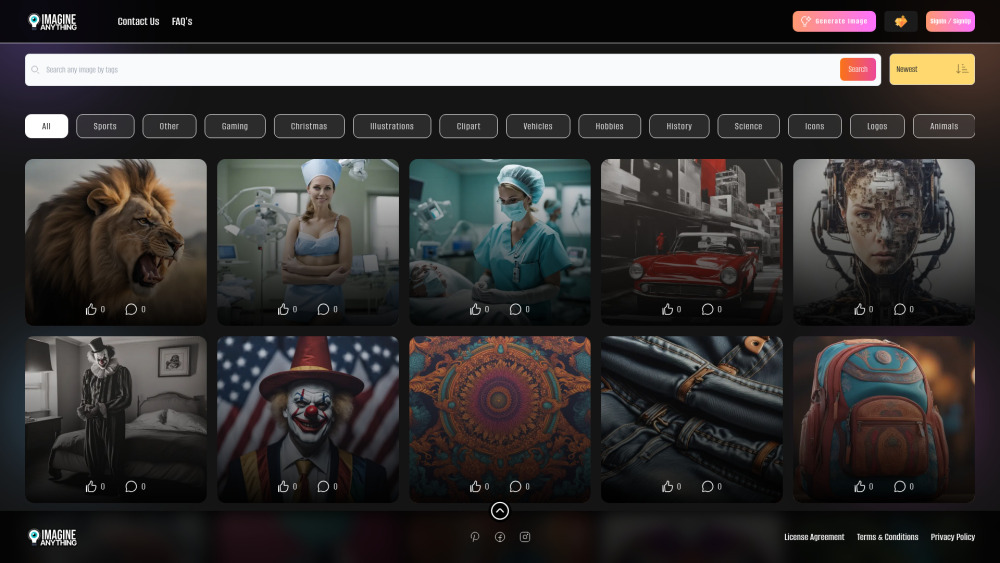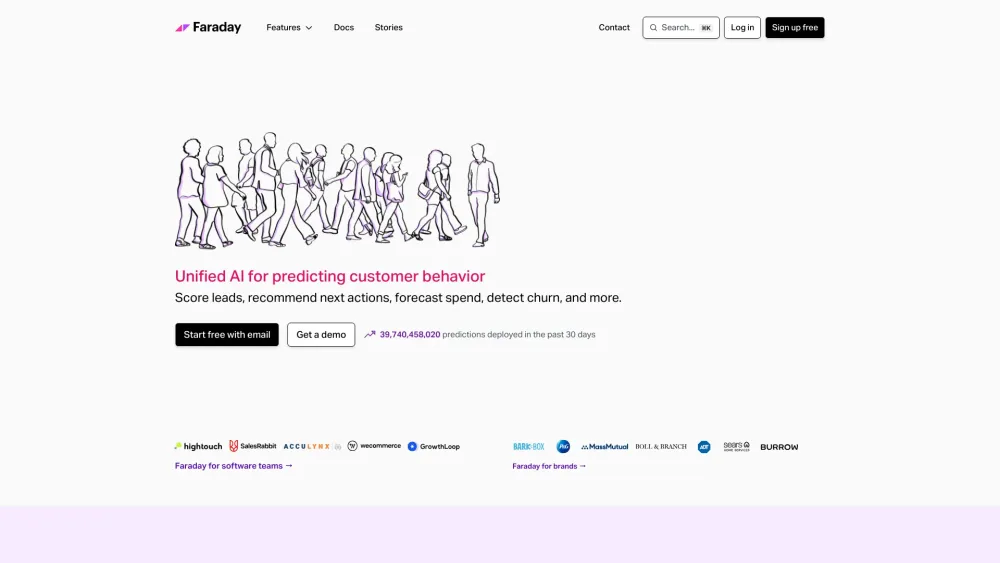Arne Schepker, the CEO of the renowned Berlin-based language learning platform Babbel, is stepping down, with co-founder and former CEO Markus Witte returning to lead the company “into a new phase while patiently searching for Arne’s successor,” according to company statements. Notably, this new chapter will focus on integrating AI into Babbel’s offerings.
Witte will serve as executive chairman and managing director, rather than reclaiming the CEO title immediately.
After nearly five years as the sole CEO—and previous months as co-CEO alongside Witte—Schepker opted not to renew his contract. He expressed that he didn’t feel he could fully commit to the role, stating, “I just couldn’t get to a strong enough ‘yes.’ As a CEO, you need to invest 180 percent into the job, and I couldn’t reach that level. I concluded it wouldn’t be enough for the team, the company, or our shareholders, so I chose not to extend my contract.”
Schepker joined Babbel as CMO in 2015 and, reflecting on his experience, noted he was seeing repetitive patterns. He felt unenthused about the prospect of creating yet another annual budget or establishing OKRs for the team. “That’s reason number one. The second reason is that the timing feels right for me, as we are transitioning into a new phase as a company,” he shared. He also expressed a desire to spend more time traveling with his family over the next year, adding, “Don’t expect any updates on my LinkedIn until next winter.”
During the interview, he expressed his appreciation for collaborating with Witte, stating, “A founder who built the company, designed our initial products, nurtured our culture, and established the foundations I had to work from, is a fantastic person to transition with,” Witte emphasized.
Under Schepker's leadership, Babbel's revenue soared sixfold, reaching approximately $300 million, supported by a team of nearly 1,000 employees. “We’ve accomplished our goals,” he remarked, but felt a deep sense of pride in how the company supported students during the pandemic and provided free language learning resources to Ukrainian refugees. “There’s no monetary value on that. I can’t even quantify an ROI. However, it comes up in nearly every conversation I have, be it a media interview, a candidate discussion, or just dinner with friends.”
So, what’s next for Babbel? Witte shared that he envisions AI playing a vital role in language learning as technology evolves. Although Babbel has utilized machine learning, it never branded itself as an "AI company." Instead, it prioritized the teachers and experts who contributed to course development, differentiating itself from competitors like Duolingo.
However, Witte acknowledged the challenge of planning beyond six months, stating, “Even those developing large language models are uncertain about future capabilities. Companies like ours, not just startups, need to be more agile than ever.”
Witte believes having a founder back at the helm can create an advantageous environment for navigating changes, making it easier for him as a founder and major shareholder to implement strategic risks.
Witte sees a promising intersection between robust language models, which excel at language tasks, and Babbel’s extensive language learning expertise, foreseeing a transformation in how the company engages its customers. “We’ve reached a stage where what we previously thought is no longer applicable,” he asserted.
Schepker emphasized that Babbel’s mission centers on addressing human needs in language learning. “The core challenge remains human language acquisition. You want to communicate with someone in another language, whether it be a loved one or a family member,” he explained. “There’s a genuine opportunity for Babbel to leverage our didactic knowledge and data, in conjunction with new technology, to create a truly personalized and impactful language learning experience. We have simplified language acquisition, but it still requires effort.”
In addition to focusing on AI advancements, Witte expressed excitement about providing more “moments of delight” for both employees and users. “These experiences that bring joy, on all levels, are my priority,” he shared. “While I don’t think we need to excel in every aspect, I strive to create delightful moments across the board.”




